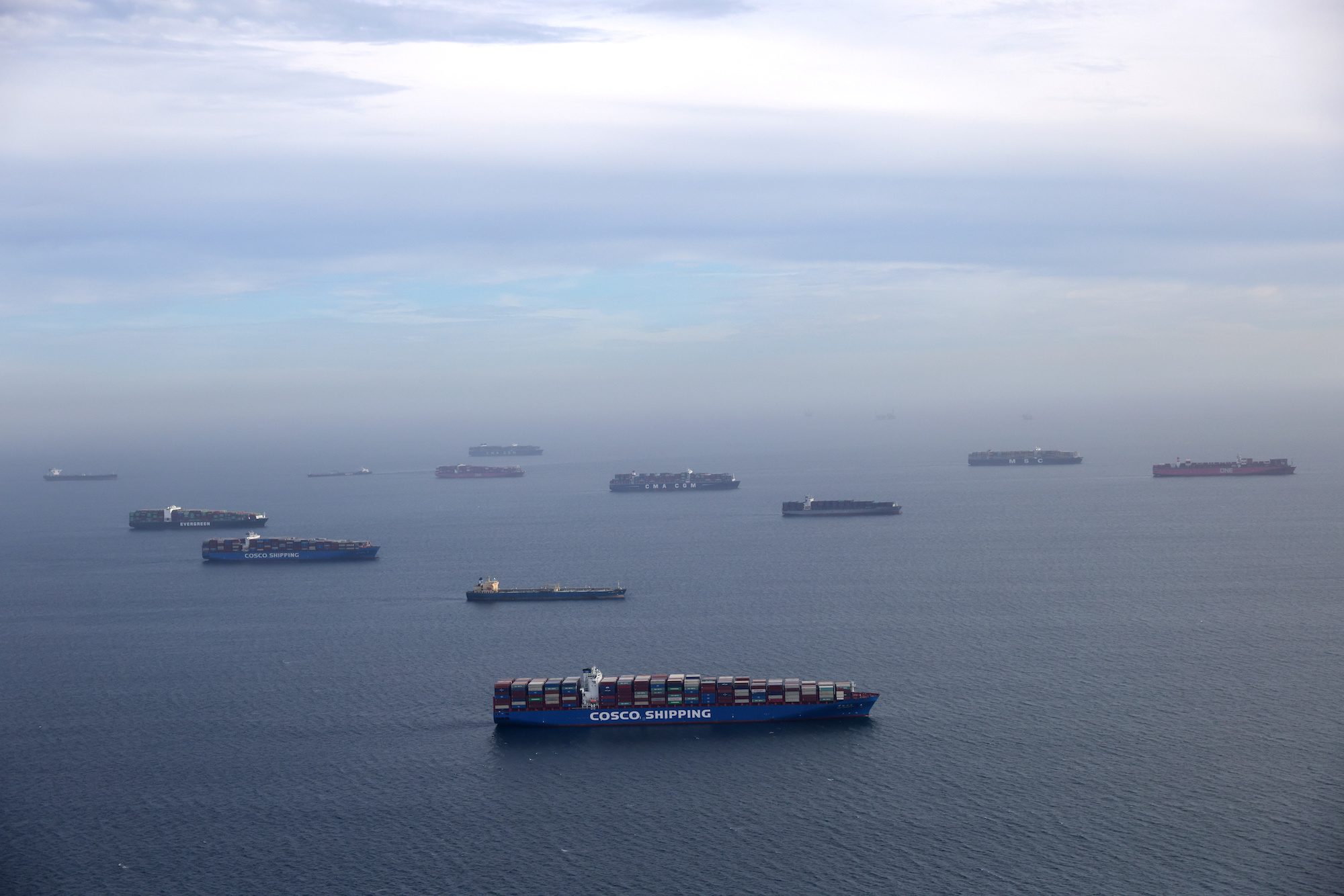The Chairman of the Federal Maritime Commission is asking Congress for more funding next year due to an increase in demand for the Commission’s services and “voluminous requests” from aggrevated shippers amid global supply chain problems.
FMC Chairman Daniel B. Maffei made the Fiscal Year 2023 Budget Request during testimony before the Subcommittee on Coast Guard and Maritime Transportation and House Committee on Transportation & Infrastructure, requesting $34.7 million, a 5.2% increase over its FY 2022 budget, to help with the FMC’s enforcement and consumer assistance capabilities. FMC is the independent federal agency overseeing international ocean shipping on behalf of U.S. consumers and businesses. It is made up five appointed commissioners and has about 115 full-time employees.
“This investment is needed. Demand for Commission services is not dissipating. Our Office of Consumer Affairs and Dispute Resolution Services continues to receive voluminous requests from the public for assistance. Aggravated shippers continue to share information with us about unsatisfactory service—all of which is reviewed for potential violations of the law,” Chairman Maffei said in his testimony. “There has been a noticeable uptick in litigation initiated at the Commission, both in small claims as well as formal complaints before our Administrative Law Judge. Our Area Representatives and Bureau of Enforcement personnel are pursuing all possible leads to identify possible enforcement actions.”
Maffei added that problems in the ocean supply chain do not appear to be changing anytime soon.
“The global, ocean-linked, supply chain system continues to suffer from conditions that undermine its effectiveness and provide no obvious or easy solutions,” Maffei testified. “Congestion, diminished reliability, and shipper competition for scarce resources—in this case space aboard vessels—all work in tandem to force rates up. The longer demand remains at historic levels, the longer it will take for the system to return to some semblance of its normal operating rhythm.”
Maffei says that while shippers’ frustration with ocean carriers and congested ports is understandable, solutions to problems in the supply chain are not that simple.
“The biggest challenge is not to get the ocean carriers and seaports to carry and process more cargo, but how to address and resolve issues in the U.S. domestic networks and infrastructure that are even more severe limitations on the supply chain’s capacity. The availability of intermodal equipment, warehouse space, intermodal train service, trucking, and enough workers in each of those sectors, remain challenges to getting more cargo off our ports and to destination with more certainty and reliability,” said Maffei.
Chairman Maffei went on to list actions the FMC has taken to address pandemic-related impacts on the supply chain, including increasing its investigative and enforcement activity, monitoring ocean carrier alliances, and oversight of fees and surcharges such as detention and demurrage, much of which come under of the auspices of Fact Finding 29 set up in March 2020 to investigate congestion and bottlenecks at ports stemming from the COVID-19 pandemic.
“Over the past year, the Commission has worked hard on many fronts to make a difference where we can and within the bounds of our authorities. I am proud of the work we have done, which is all the more significant when one considers the relatively small size of the Commission— approximately 115 full-time equivalent personnel. With more resources, we can do more and the budget we are seeking provides us with that opportunity,” said Maffei.
Finally, Chairman Maffei pointed to “legislation pending before Congress,” i.e. the Ocean Shipping Reform Act which will give the FMC greater authority and rulemaking ability. The bill recently passed the U.S. Senate by a unanimous vote.
“A significant demand for Commission services already exists and if legislation pending before Congress is enacted into law, our workload will certainly escalate significantly. This is the right time to invest in the ability of the Commission to meet the needs of our regulated community and we appreciate the support we are receiving from both the Congress and the Administration to grow our capabilities,” said Maffei.
The FMC has requested $34,683,500 in FY2023, a $1,815,000 (or 5.2%) increase from its Fiscal Year 2022 budget.
Chairman Maffei’s full testimony can be found here.

 Join The Club
Join The Club











